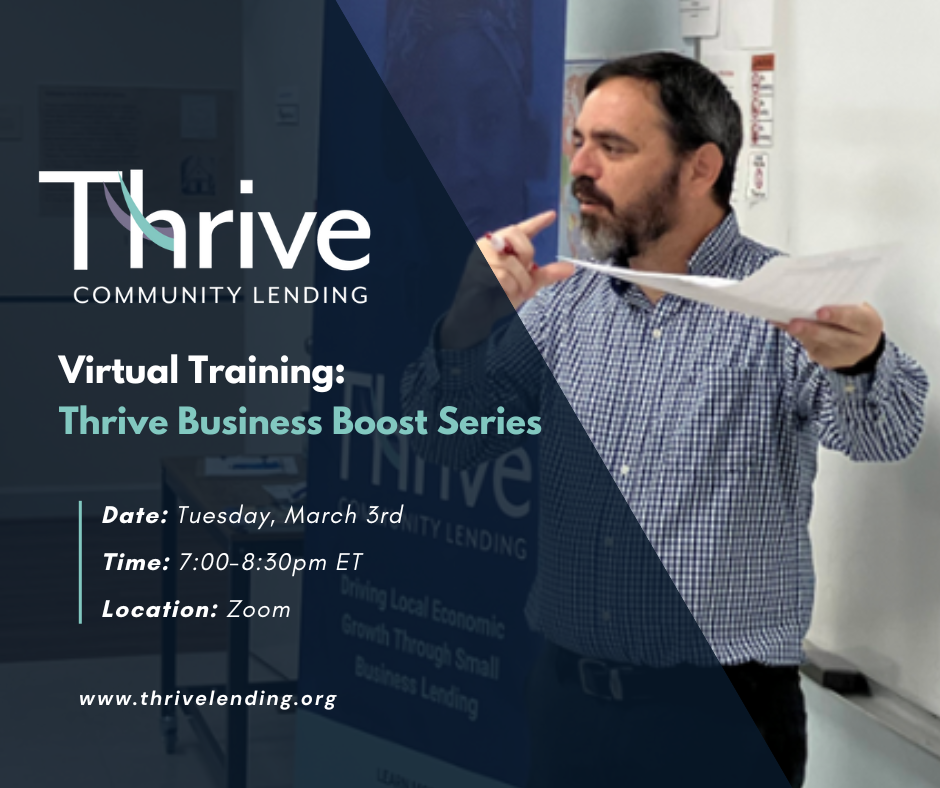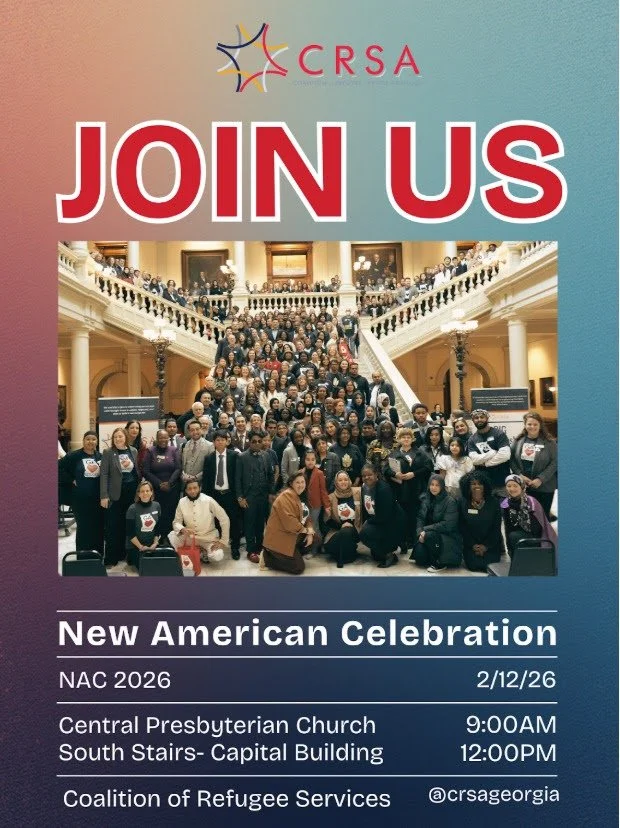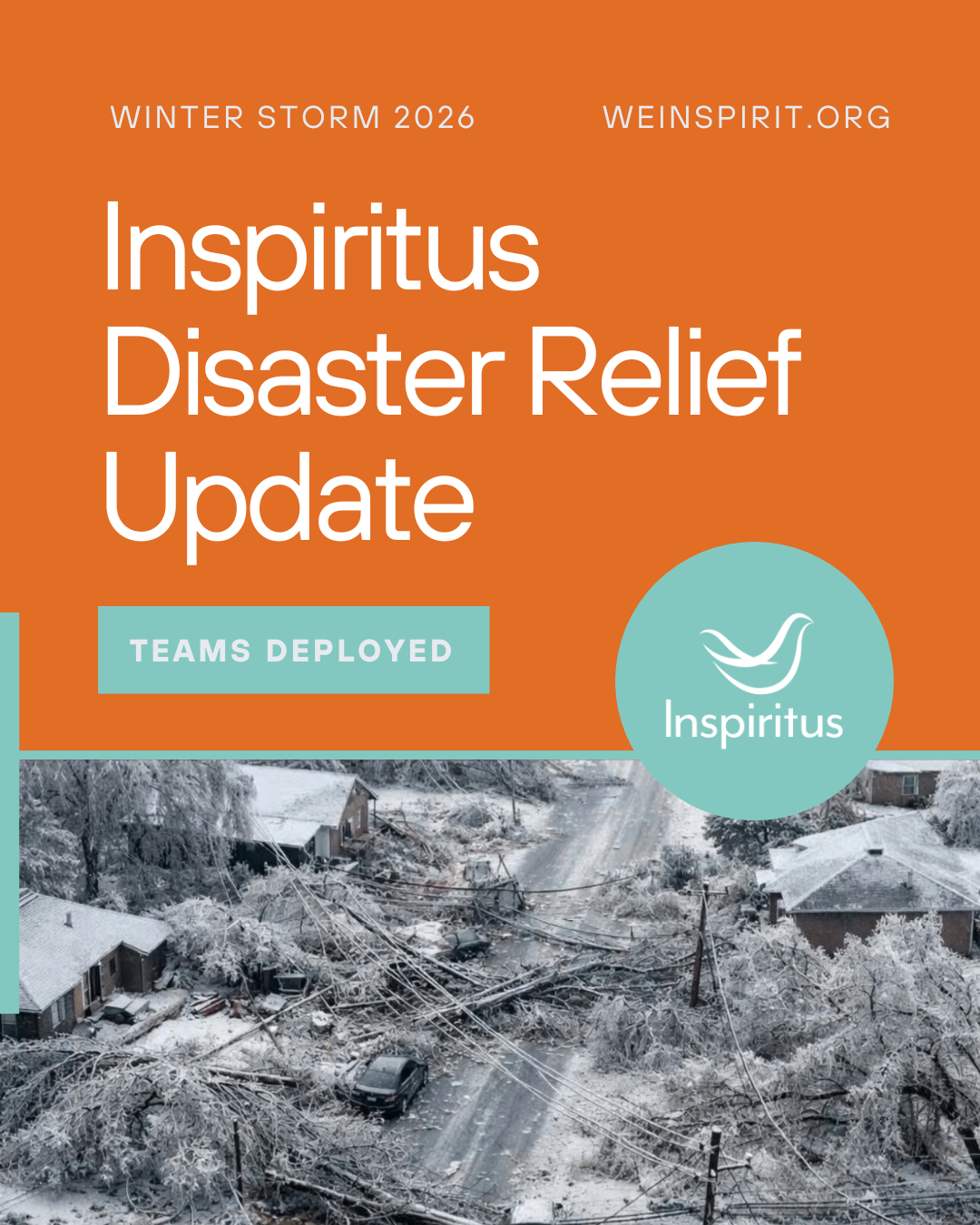"Laws Aren't Perfect" - A Call to Mercy, Pt. 4
/For two weeks, Honduran-born U.S. immigration attorney Killa M. will share her reflections on life in Honduras and on showing mercy to unaccompanied children in "A Call to Mercy", a four-part LSG blog series. Click to read parts one, two, and three.
Disclaimer: The views and opinions expressed in this article are those of the author and do not necessarily reflect the official policy or position of Lutheran Services of Georgia
When people tell me that unaccompanied children broke the law and, as such, should not be shown mercy, I tell them that laws aren’t perfect and they don’t always reflect current societal realities. There are very few forms of immigration relief available for these minors. One of them is asylum. To succeed in an asylum claim, a person must show a well-founded fear of persecution based on a protected ground such as race, religion, nationality, political opinion, or membership in a particular social group (an ever-changing concept that is applied differently depending on the justice circuit where the case is being heard). The person must demonstrate that they are unable or unwilling to return to their country of origin, or that they are unable or unwilling to avail themselves of the protection of that country. This seems like a straightforward concept, but that could not be further from the truth. I could write a dissertation on the complexity of American asylum law, but suffice it to say, our current asylum policy was not drafted to deal with the kind of generalized violence that now reigns in Honduras. To quote the Ninth Circuit Court of Appeals in Delgado Ortiz v. Holder, “Asylum is not available to victims of indiscriminate violence, unless they are singled out on account of a protected ground.” So what can you do when your life is constantly in danger for any reason, or no reason at all?
The limited availability of asylum is reflected in the fact that in 2013, only 3.9 percent of the Honduran asylum claims that came before U.S. Immigration Courts were granted. Seems like an awfully small percentage given that it is considered one of the most dangerous countries in the world.
Even when you present a prima facie case in the U.S. legal system, it is not guaranteed that the law will be applied properly. For example, my brother, an attorney working closely with my mother, sought asylum in the U.S. after our mother was murdered. He presented evidence of the murder and of the fact that, since our mother’s death, he had been followed and harassed on multiple occasions. He also presented documentation from the Inter-American Commission of Human Rights requesting that the Honduran government investigate the murder and provide protection to my brother. He presented the Honduran government’s response that it was unwilling and unable to provide that protection. He presented affidavits from prosecutors, judges, security experts, and fellow attorneys testifying that he would surely suffer harm if he remained in Honduras. He asked the U.S. Military Attaché assigned to Honduras to testify to the violent living conditions in Honduras. Finally, he presented evidence that, in 2013 alone, 53 attorneys had been murdered in Honduras. His case was denied because, among other reasons, “[he] had failed to show that any future harm [he] feared is on account of one of the protected characteristics.” If an educated adult, with an objective fear of death, hundreds of pages of evidence, and adequate legal counsel was unable to receive this form of relief, how do you think an unaccompanied child will fare in the U.S. legal system?
For these reasons, I beg you not to turn a blind eye to what is happening at the border with these children. I don’t know exactly how to solve the crisis in Honduras or how to reform immigration laws to ensure protection of these children while slowing the influx of arrivals. I have some ideas, but that is a conversation for another day. For now, I know that we, as Christians, are responsible for showing mercy to these young kids who have already seen more tragedy than most people ever will in their entire lives. There are many ways to help, from volunteering to foster an unaccompanied child to writing a letter to your Senator about the issue. Whatever you do, don’t remain silent.
If you have questions about this blog series or for Killa, please contact Abi Koning, Communications Coordinator, at akoning@lsga.org.


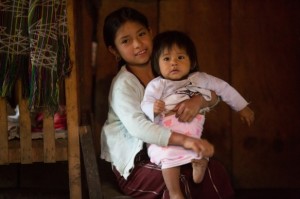

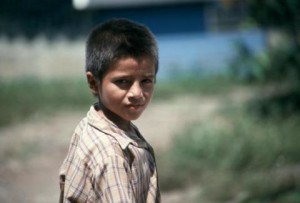

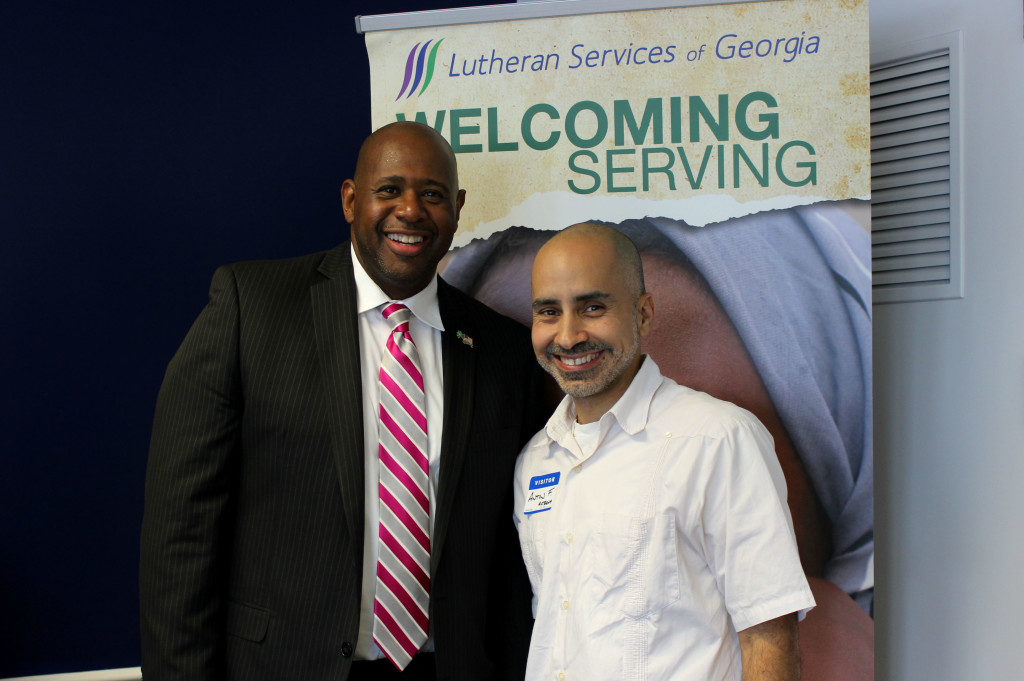
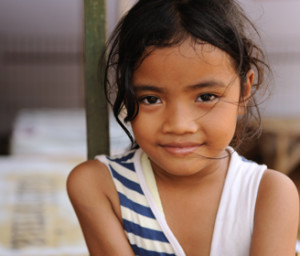 Lutheran Immigration and Refugee Service
Lutheran Immigration and Refugee Service


